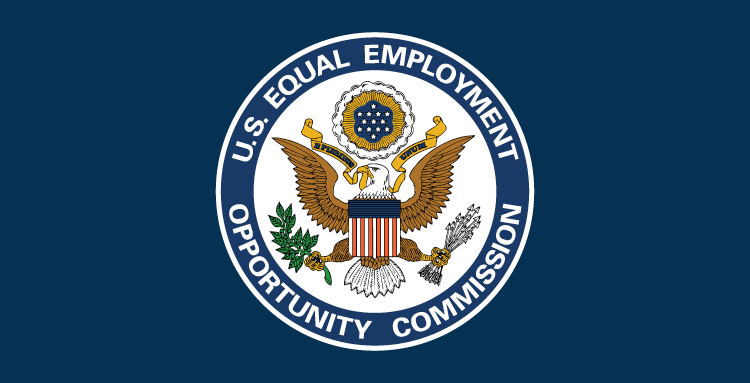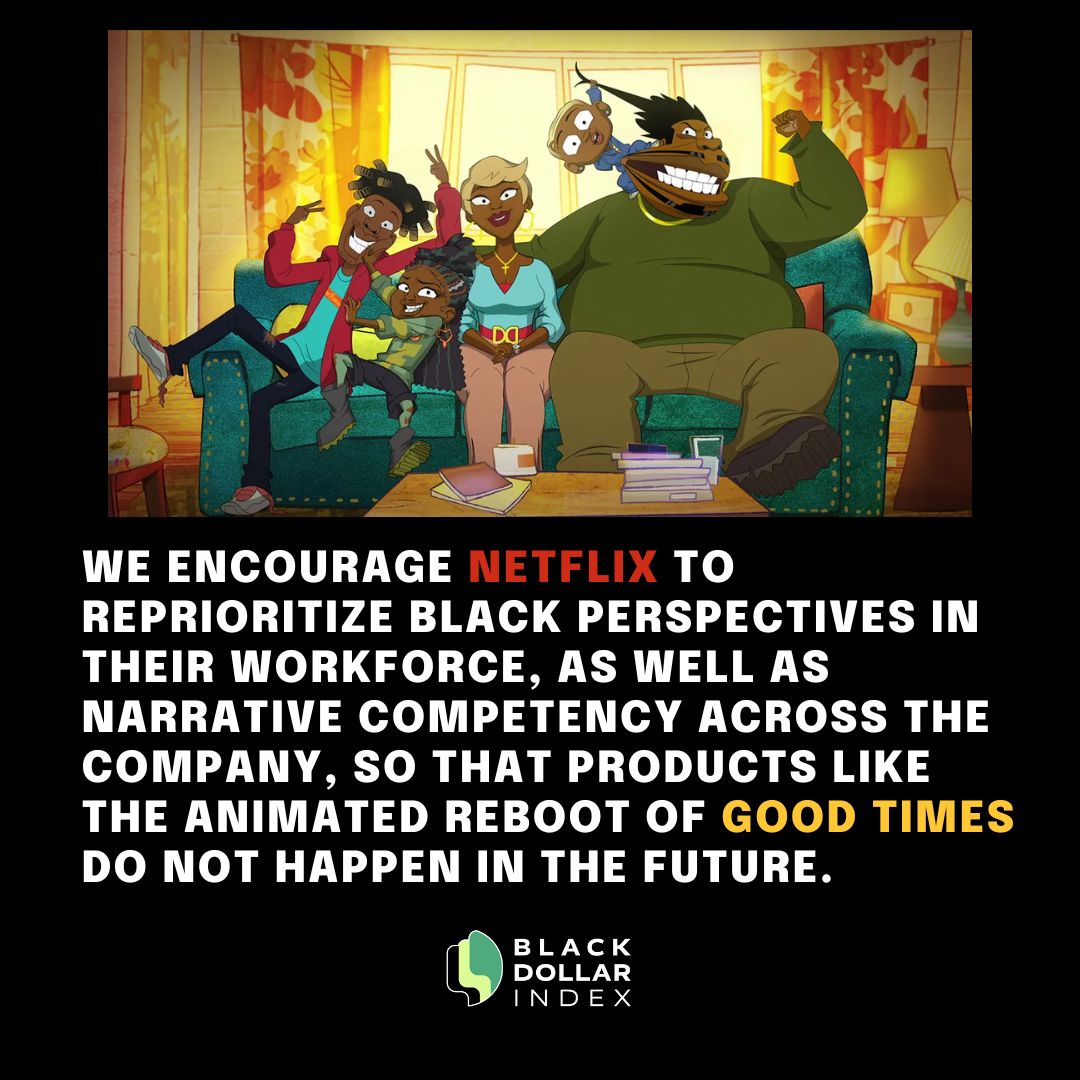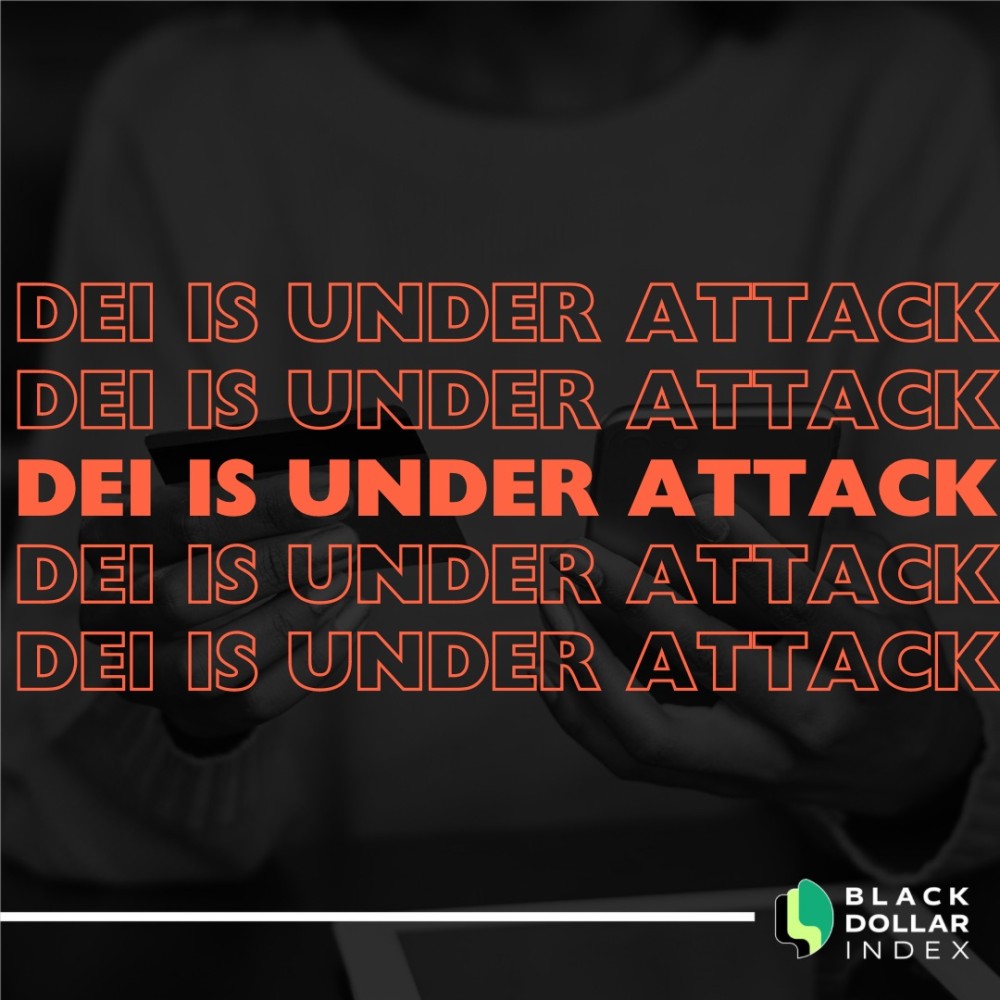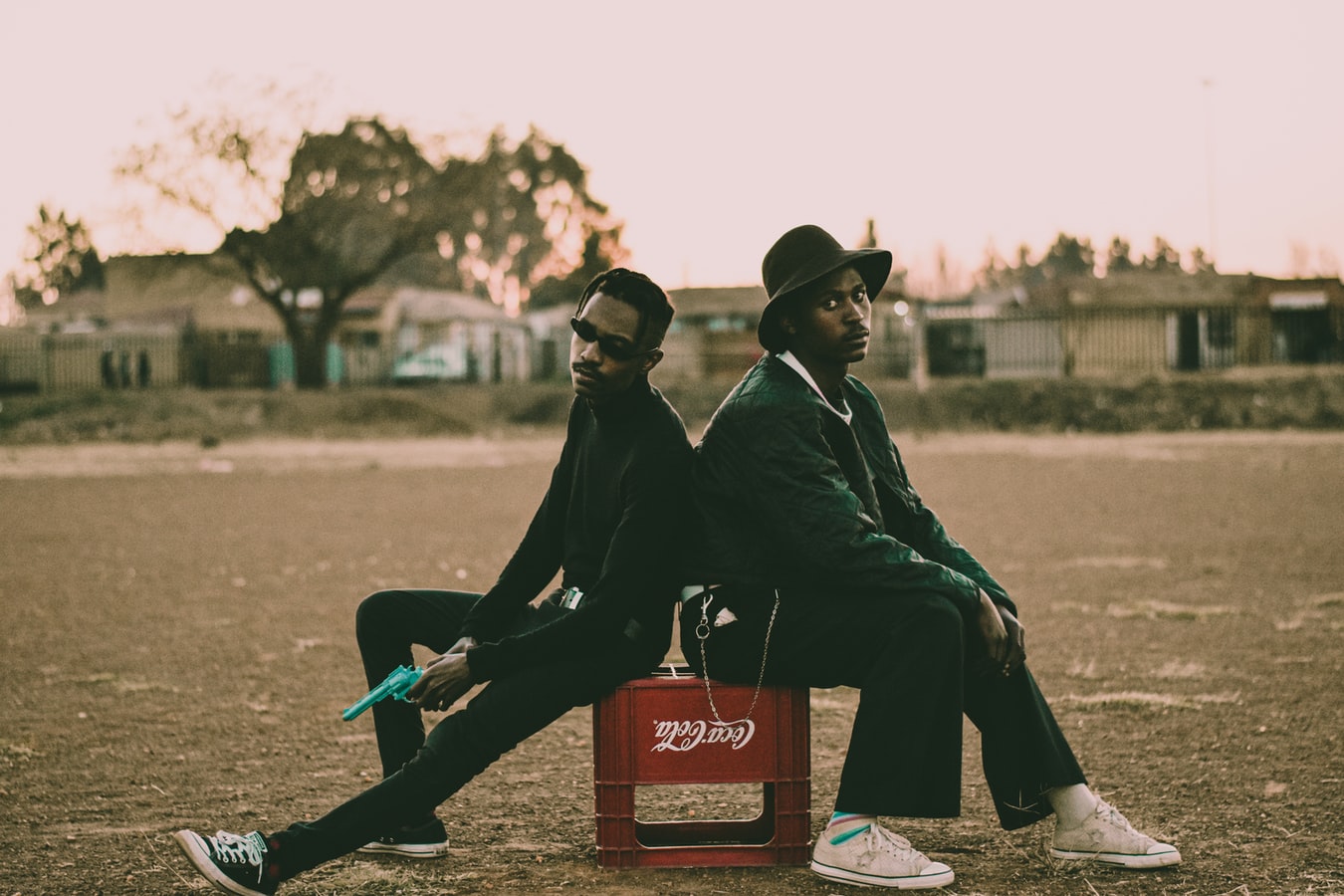ExxonMobil & Environmental Racism: Just because it’s legal, doesn’t make it right.
In 2017, 17 years after the initial complaint was made, the Environmental Protection Agency declared a case resolved that implicated the ExxonMobil refinery in Beaumont, TX, a predominantly Black neighborhood, of polluting the local community, leading to multiple community members’ health issues. The problem: the case was not resolved.
Fast-forward to 2021, Channel 4 News in the UK recently reported that they captured a secret recording of senior ExxonMobil lobbyist Keith McCoy stating that the oil giant “joined ‘shadow groups*’ to pursue climate change denial.
Exclusive: A senior ExxonMobil lobbyist has been captured on camera claiming that the oil giant is waging a secret war on climate change legislation. The covert recordings filmed by Greenpeace UK @UE lift the lid on the secretive world of US oil lobbying. https://t.co/6EUZcjZ0Ew
— Channel 4 News (@Channel4News) June 30, 2021
In an excerpt from the video interview, McCoy stated: “Did we aggressively fight against some of the science? Yes. Did we hide our science? Absolutely not. Did we join some of these shadow groups to work against some of the early efforts? Yes, that’s true. But there’s nothing, there’s nothing illegal about that.
“We were looking out for our investments. We were looking out for our shareholders.”
Glad Mr. McCoy is looking out for his people 😏
*According to Wikipedia, Shadow campaigns run on dark money, or money that is spent by an undisclosed donor that is intended to influence a given constituency’s voting patterns. Dark money is often spent by non-profit organizations and super-PACs. (I learned something new too)
Why does all this matter? The burning of fossil fuels emits CO2 and methane, which are the #1 and #2 drivers of climate change. Much of those emissions come directly from corporations like Exxon.
Why does this ESPECIALLY matter to Black America? Environmental Racism. Yes, climate change affects us all globally; however, it disproportionately affects Black communities.
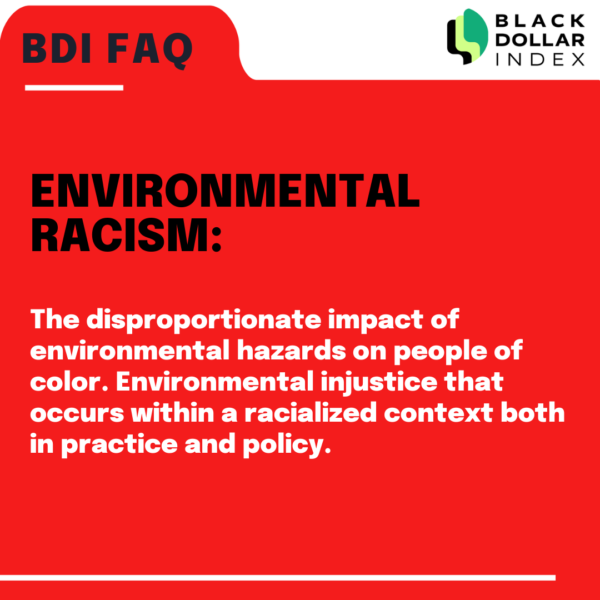
By placing toxic facilities in historically Black and low-income neighborhoods, corporations like ExxonMobil emit large amounts of CO2 (Carbon) and methane directly into communities that are underserved and under-resourced to handle these problems, from health to infrastructure. “On average, people of color comprise 56% of the population living in neighborhoods with TRI facilities, compared to 30% elsewhere.”
What does that mean?
According to Columbia University, “Low-income areas in cities have been found to be five to 12 degrees hotter than higher income neighborhoods because they have fewer trees and parks, and more asphalt that retains heat.” WE NEED TREES! They:
- Provide shade that absorbs heat and releases water vapor that cool the surrounding air and
- Produce oxygen and remove CO2 and other pollutants from the air that cause respiratory and cardiovascular risks, as well as premature mortality.
Climate change also causes extreme weather: Flooding, heatwaves, etc. can not only cause injury, illness, and death, but infrastructural damage like power outages and water issues.
Now why would they place toxic facilities in our communities like that?!?! Systemic racism. Zoning discrimination, redlining, and basically the idea that underserved communities are least likely to push back.
What Exxon needs to do about it, in my humble opinion:
- They better start planting some trees in our neighborhoods.
- They better find new non-Black neighborhoods for these facilities.
- They better lower their carbon emissions.
- And they better stop lying in our faces.

What can WE do about it? Remember how I said they think we can’t push back? We can.
- Use this easy tool from Citizen’s Climate Lobby (CCL) to contact your government reps urging them to support the Energy Innovation and Carbon Dividend Act.
- Join the NAACP in the fight.
- Join R&B artist Sza and Tazo Tea in their efforts to fight Climate Change
- Let Exxon know you’re not with it. As consumers, we may not currently have a ton of options to choose from, but we can loudly advocate for ALL of these oil companies to do better.
Sources & Resources:
- https://www.channel4.com/news/
revealed-exxonmobils-lobbying- war-on-climate-change- legislation - https://www.greenpeace.org/
usa/reports/fossil-fuel- racism/ - https://naacp.org/know-issues/
environmental-climate-justice - https://teddeutch.house.gov/
uploadedfiles/deutch_eicda_ 117th.pdf - https://tcf.org/content/
commentary/environmental- racism-left-black-communities- especially-vulnerable-covid- 19/?agreed=1 - http://css.umich.edu/
factsheets/environmental- justice-factsheet

